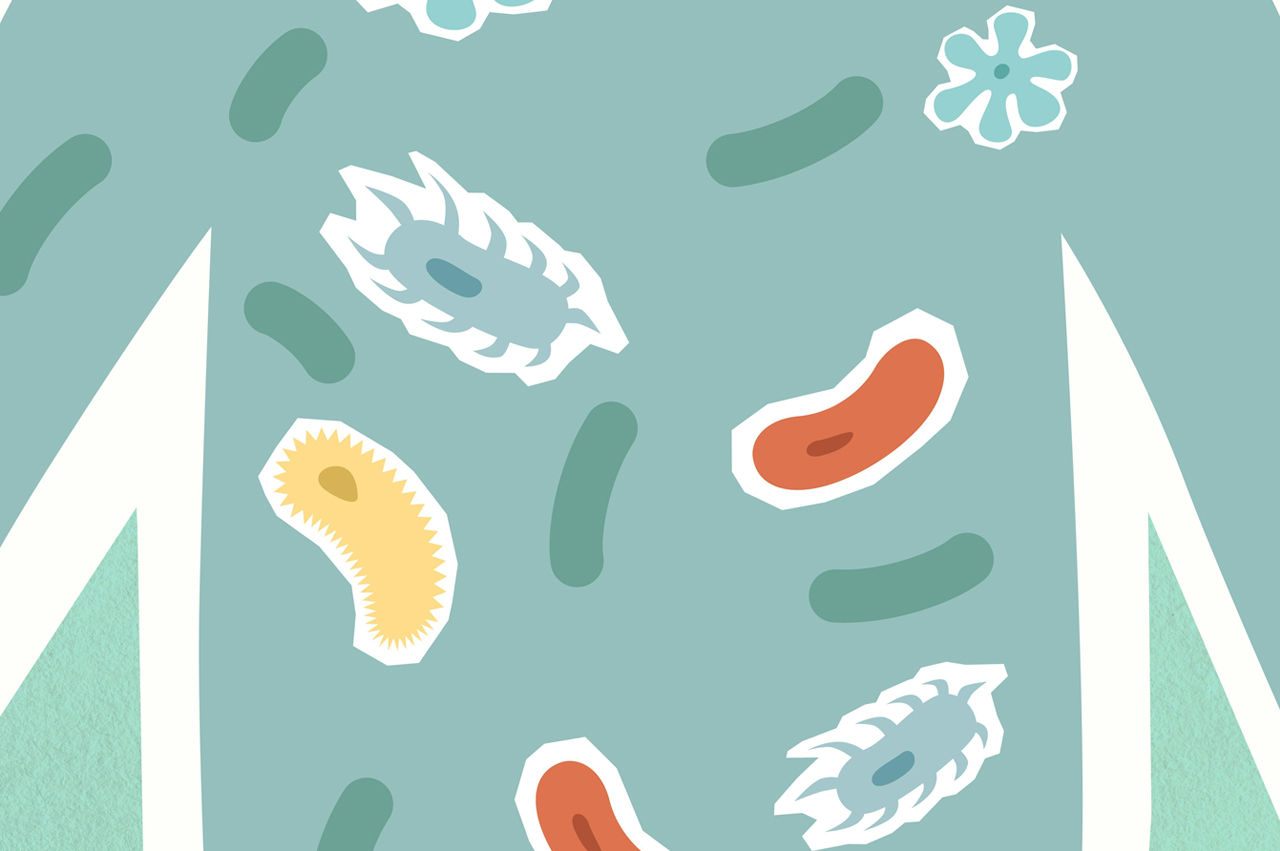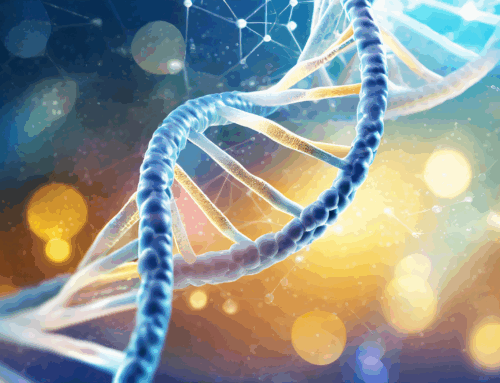Detoxification is a process often pursued to rid the body of accumulated toxins, unwanted microorganisms, and harmful substances.
Holistic practitioners, naturopathic doctors, and functional medicine practitioners advocate detoxification as part of a broader approach to health.
These professionals work toward balance in the body, aiming to improve organ function, enhance immune health, and encourage the body’s natural ability to cleanse itself.
This article explores various types of detoxification, including those targeting toxins, parasites, fungus, and yeast, and the integrative approaches used to support these processes.
-
Toxin Detoxification
- Sources of Toxins: Environmental pollution, pesticides, heavy metals, and chemical additives in food and personal care products are all common sources of toxins that accumulate in the body over time
- Holistic and Naturopathic Detox: Naturopathic doctors and holistic practitioners focus on supporting the liver, kidneys, and lymphatic system, which are the body’s main detoxification organs. They may recommend a detoxification program with a combination of liver-supporting herbs (like milk thistle), antioxidants (such as glutathione), and nutrient-dense foods to enhance detoxification.
- Toxin Identification: Practitioners may perform lab tests to identify specific toxins or even utilize muscle response testing. Based on these results, they may customize a detox program involving dietary changes, supplementation, and sometimes chelation therapy for heavy metals.
-
Parasite Detoxification
- Identifying Parasites: Parasites can enter the body through contaminated food, water, or contact with infected surfaces. They may cause a range of symptoms, from digestive issues to fatigue and nutrient deficiencies.
- Holistic and Naturopathic Detox: Holistic practitioners often start with dietary adjustments, eliminating sugars and processed foods that feed parasites. Anti-parasitic herbs like wormwood, black walnut, and clove are commonly recommended to create an inhospitable environment for parasites.
- Functional Medicine Approach: Functional medicine doctors frequently use stool testing to identify specific parasitic infections. This targeted testing helps them choose appropriate antimicrobial treatments, which might include specific herbal blends or, in severe cases, prescription antiparasitic medications. They may also recommend probiotics to restore a healthy microbiome.
-
Fungal and Yeast Detoxification
- Understanding Fungal Infections: Fungi, particularly Candida, can flourish when the body’s microbiome is out of balance. Overgrowth of yeast, such as Candida, often results from antibiotic use, high sugar diets, and chronic stress, leading to symptoms like bloating, skin issues, and fatigue. Overgrowth of yeast or mold exposure can lead to symptoms like fatigue, brain fog, and digestive disturbances.
- Naturopathic and Holistic Methods: A yeast detox often begins with dietary changes to reduce sugar and refined carbohydrates, as these feed yeast and fungi. Holistic practitioners prioritize rebalancing the body’s pH and gut microbiome. This often involves dietary changes that eliminate yeast-feeding foods, such as sugars and refined flours, while incorporating gut restoring supplements, like digestive enzymes and probiotics to restore balance. Antifungal herbs like oregano oil, garlic, and caprylic acid may be used to directly address fungal overgrowth.
General Detoxification Strategies Across Disciplines
- Herbal and Supplement Detoxification Programs: Detoxification programs often consist of herbs, whole foods, vitamins, and minerals essential to detoxification. A variety of herbs and supplements target detoxification organs. Dandelion, milk thistle, and burdock root support liver function, while clay, chlorella, and spirulina bind to heavy metals. Holistic practitioners can offer various options and even customize a detoxification program for each patient.
- Nutrition and Diet: Nearly all holistic health practitioners recommend a clean, nutrient-dense diet as the foundation of detox. Fresh vegetables, fiber-rich foods, lean proteins, and fermented foods help cleanse the body and support gut health.
- Hydration: Detox protocols emphasize water intake to support kidney function and flush toxins from the system
- Rest and Stress Management: Chronic stress can hamper detoxification. Naturopathic doctors and functional medicine practitioners often incorporate stress-reducing techniques like reflexology, cupping, energy work (like Reiki), meditation, yoga, or acupuncture.
Conclusion
Holistic, naturopathic, and functional medicine approaches to detoxification align in many ways, focusing on a combination of diet, supplementation, and lifestyle practices that support the body’s innate detox processes.
By considering each individual’s unique health profile and addressing the root causes of toxicity, these practitioners aim to create sustainable, long-term wellness.
Detoxification isn’t just about cleansing; it’s about restoring balance, vitality, and resilience.




